Glucantime 1.5g/5ml Injection (Meglumine Antimoniate)
₨6,500.00
Glucantime 1.5g injection contains Meglumine antimoniate, which is now available in Pakistan at Online Pharmacy. The price range of Glucantime injection is Rs.5,000/-. to Rs.9,000/-.
Product Description
Brand: Glucantime
Packet Size: 5 ml ampoule
Strength: 1.5 grams per 5 milliliters
Form: Injection
Active ingredient: Meglumine antimoniate
Manufacturer: Sanofi
Treatment: Visceral leishmaniasis (Kala-azar)
Additional Details
Uses of the Glucantime 1.5g Injection
Glucantime 1.5g/5ml Injection is primarily used to treat leishmaniasis, a parasitic disease caused by protozoan parasites of the Leishmania genus. These parasites are transmitted to humans through the bite of infected sandflies. Leishmaniasis can manifest in various forms, including visceral leishmaniasis (kala-azar), cutaneous leishmaniasis, and mucocutaneous leishmaniasis.
Here’s a breakdown of the uses of Glucantime 1.5g/5ml Injection:
Visceral Leishmaniasis: This is the most severe form of leishmaniasis, affecting the internal organs such as the liver, spleen, and bone marrow. Glucantime is a highly effective treatment for visceral leishmaniasis, helping to eliminate the parasites from the body and prevent complications.
Cutaneous Leishmaniasis: This form of leishmaniasis causes skin sores or ulcers, often with raised edges and a depressed center. Glucantime can be used to treat cutaneous leishmaniasis, particularly in cases that are severe or unresponsive to other treatments.
Mucocutaneous Leishmaniasis: In this form, the parasites invade the mucous membranes of the nose, mouth, and throat, causing lesions and potentially leading to disfigurement. Glucantime is an effective treatment for mucocutaneous leishmaniasis, helping to prevent the progression of the disease and minimize damage to the affected tissues.
How Does Glucantime 1.5g Injection Work?
Glucantime works by interfering with the life cycle of Leishmania parasites. Here’s a simplified explanation of its mechanism of action:
- Parasite Inhibition: Once injected, Glucantime enters the bloodstream and is taken up by cells infected with Leishmania parasites.
- Interference with Metabolism: Inside these cells, Glucantime disrupts the parasites’ metabolic processes, preventing them from producing essential molecules necessary for survival.
- Parasite Death: As the parasites’ metabolic functions are impaired, they eventually die.
- Immune System Activation: Glucantime also helps to stimulate the immune system, which can further contribute to the elimination of parasites.
By targeting the parasites’ unique metabolic pathways, Glucantime effectively kills them without harming the host cells. This selective action helps to minimize side effects and makes Glucantime a valuable tool in the treatment of leishmaniasis.
How Often Glucantime Injection 1.5g Given?
Glucantime injections are given once or twice daily for a period of several weeks. Your healthcare provider will determine the most appropriate dosing schedule based on your individual circumstances.
Recommended Dosage of Glucantime 1.5g Injection
General Dosage: The standard dosage for adults and children is approximately 20 mg of pentavalent antimony per kilogram (kg) of body weight. This means that if you weigh, for example, 60 kg, your daily dose would be around 1200 mg of pentavalent antimony.
Gradual Increase: It is often recommended to start with a gradual increase in dosage. For the first three days, you might begin with one quarter, one half, and three quarters of the final dose, respectively. By the fourth day, you would then receive the full prescribed dose.
Maximum Dosage: Each 5 ml ampoule contains 1.5 g of Glucantime, which corresponds to approximately 425 mg of pentavalent antimony. Therefore, for every 20 kg of body weight, you might need between 1 to 3 ampoules per day, depending on your specific treatment plan.
Warnings and Precautions of Glucantime 1.5g Injection
Glucantime 1.5g injection is a potent medication that can cause significant side effects. It’s essential to be aware of the following warnings and precautions:
Cardiotoxicity: Glucantime can affect the heart, especially in individuals with pre-existing heart conditions. It can cause irregular heart rhythms, heart failure, and even sudden death in rare cases. Regular monitoring of heart function is crucial during treatment.
Electrolyte disturbances: Glucantime can lead to imbalances in electrolytes, such as potassium and sodium. These imbalances can cause serious health problems, including heart arrhythmias and muscle weakness. Your doctor will monitor your electrolyte levels closely.
Liver and kidney toxicity: Glucantime can damage the liver and kidneys. Liver function tests and kidney function tests will be performed regularly to monitor for any adverse effects.
Pancreatitis: In rare cases, Glucantime can cause pancreatitis, an inflammation of the pancreas. Symptoms of pancreatitis include severe abdominal pain, nausea, vomiting, and fever. If you experience these symptoms, seek medical attention immediately.
Hypersensitivity reactions: Some individuals may develop allergic reactions to Glucantime. These reactions can range from mild skin rashes to severe anaphylaxis. If you experience any signs of an allergic reaction, such as hives, swelling, or difficulty breathing, stop taking Glucantime and seek emergency medical help.
Pregnancy and breastfeeding: Glucantime should not be used during pregnancy unless the benefits outweigh the risks. It’s unknown if Glucantime passes into breast milk, so breastfeeding should be avoided during treatment.
Possible Side Effects of Glucantime 1.5g Injection
Glucantime can cause a variety of side effects, ranging from mild to severe. Some of the most common side effects include:
Mild side effects:
- Nausea and vomiting
- Loss of appetite
- Diarrhea
- Headache
- Fatigue
- Muscle aches and pains
- Joint pain
- Skin rash
- Fever
- Chills
Severe side effects:
- Heart problems, including irregular heart rhythms, heart failure, and sudden death
- Electrolyte disturbances, such as low potassium or sodium levels
- Liver damage
- Kidney damage
- Pancreatitis
- Allergic reactions, including hives, swelling, and difficulty breathing

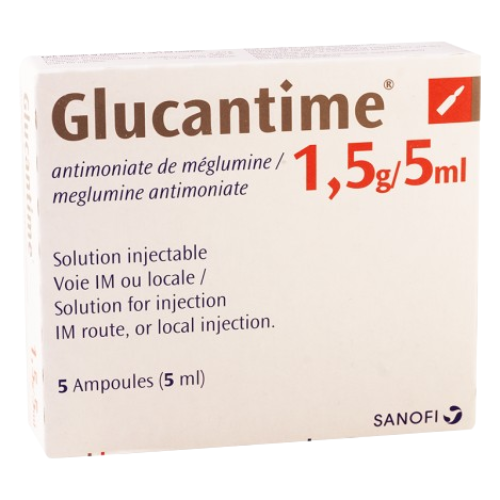
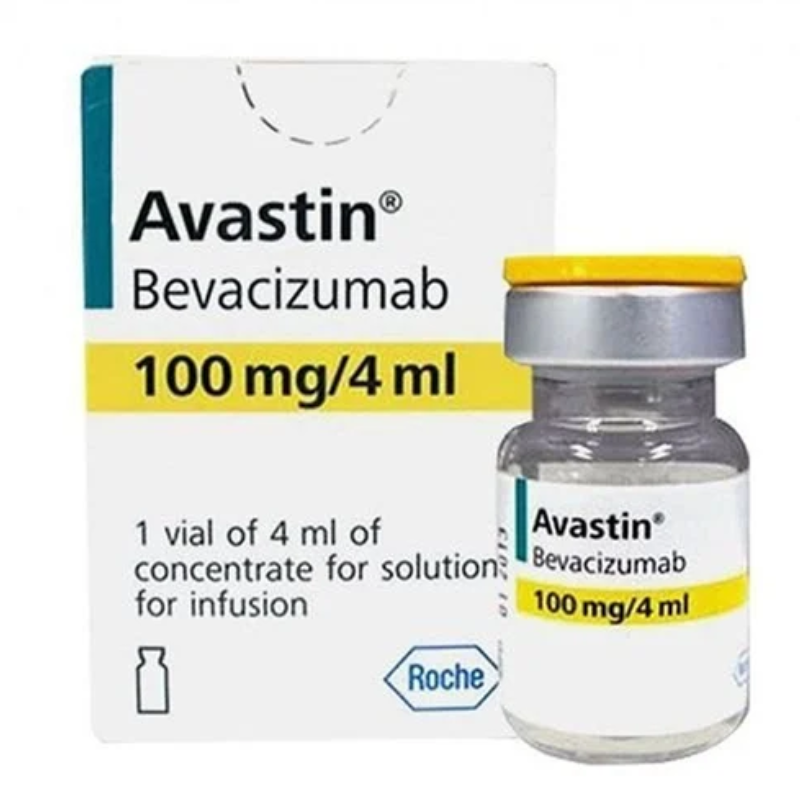
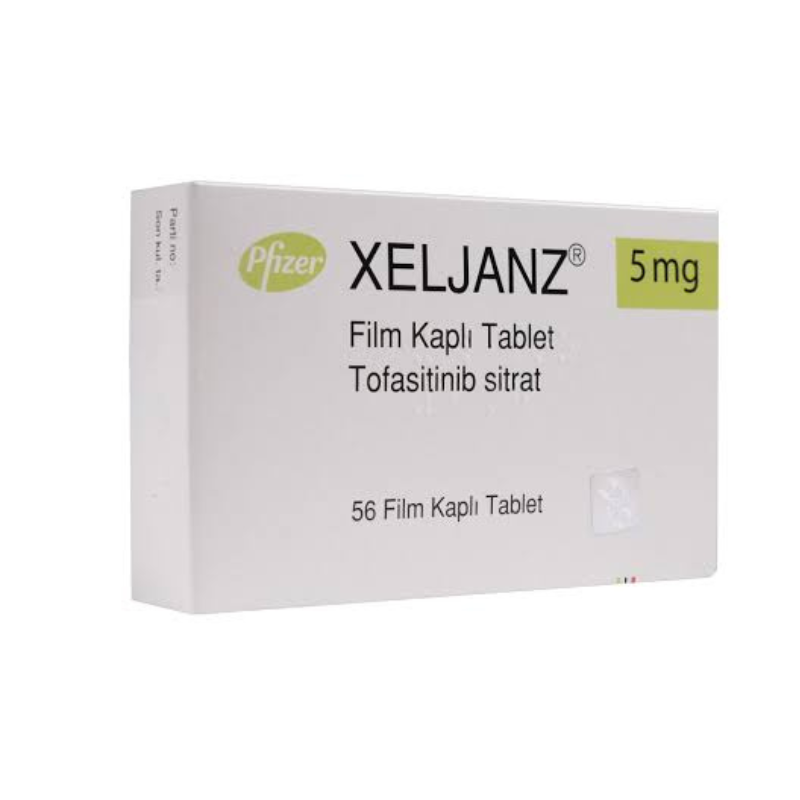

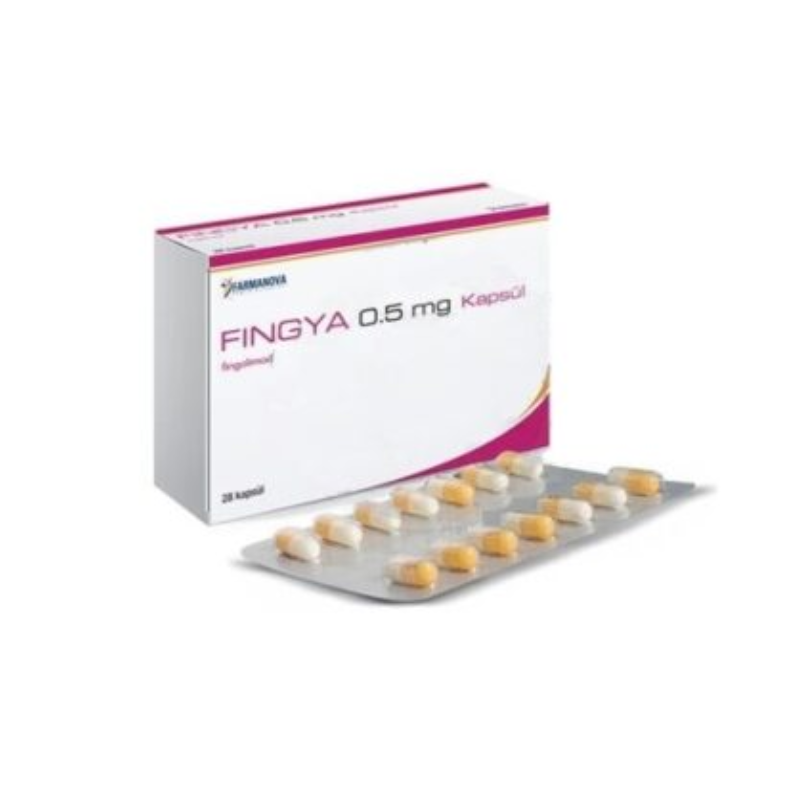
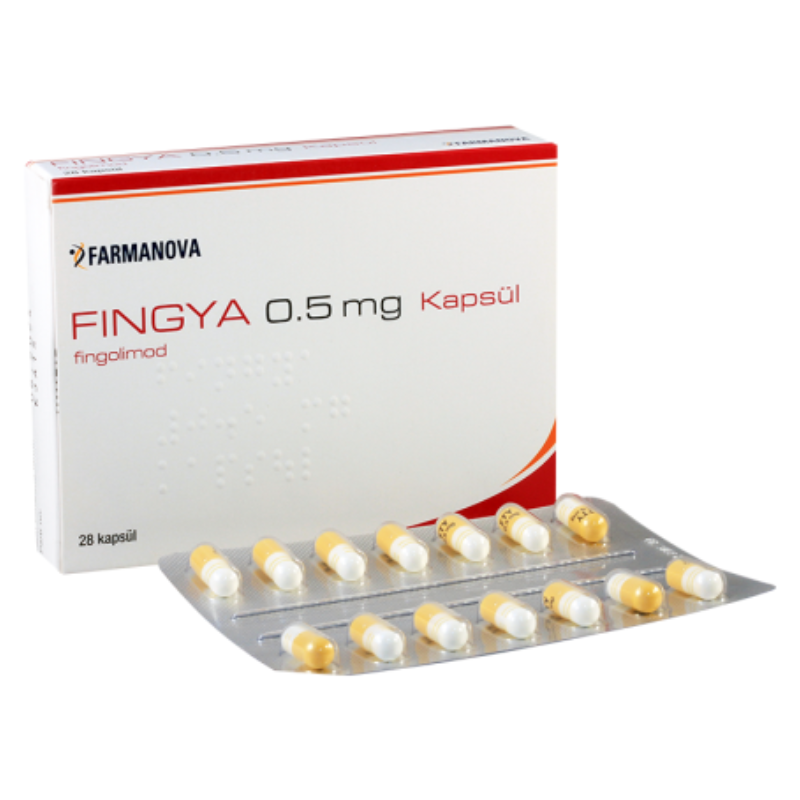

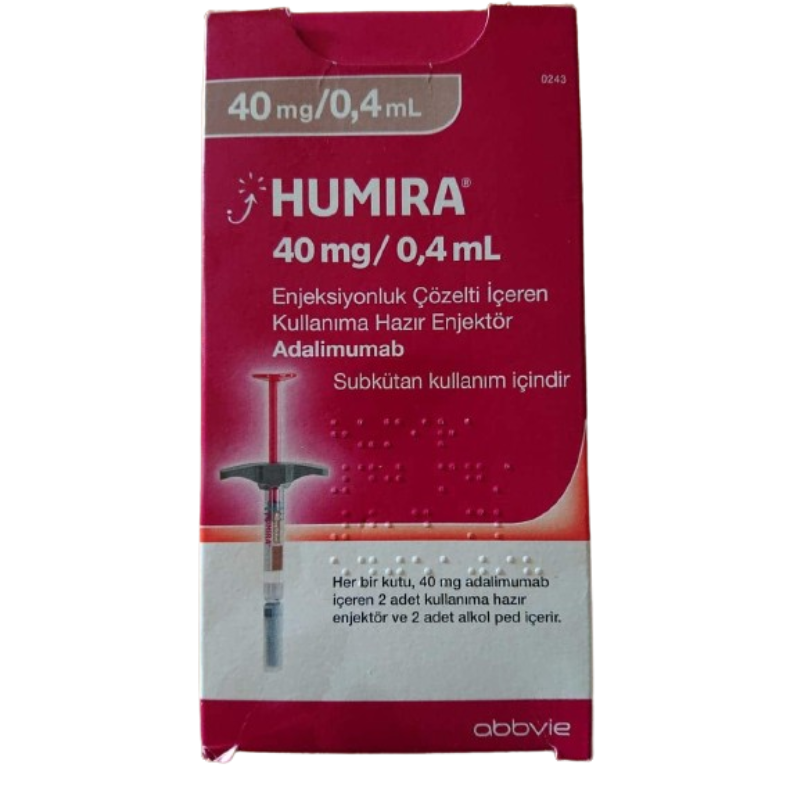
Reviews
There are no reviews yet.